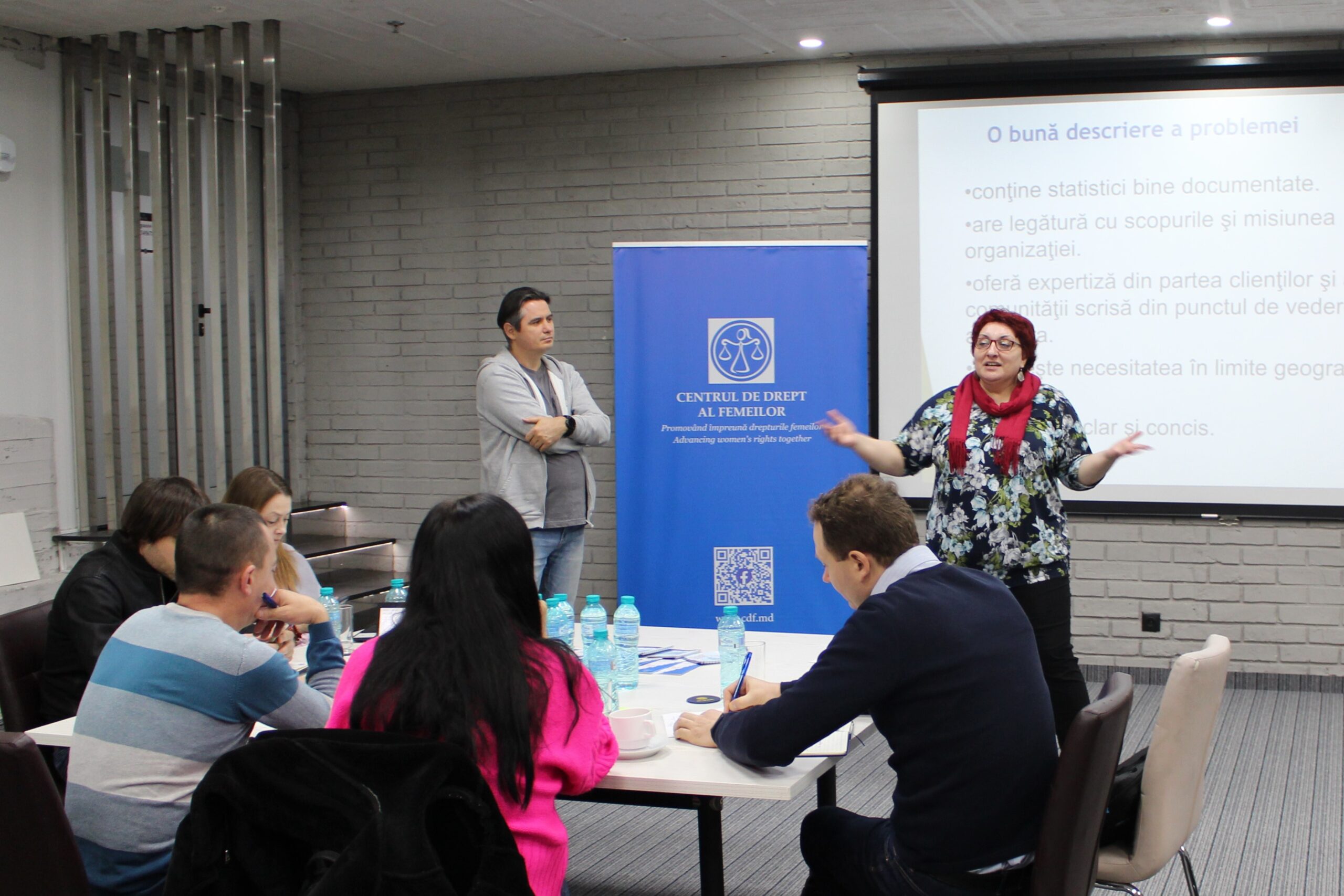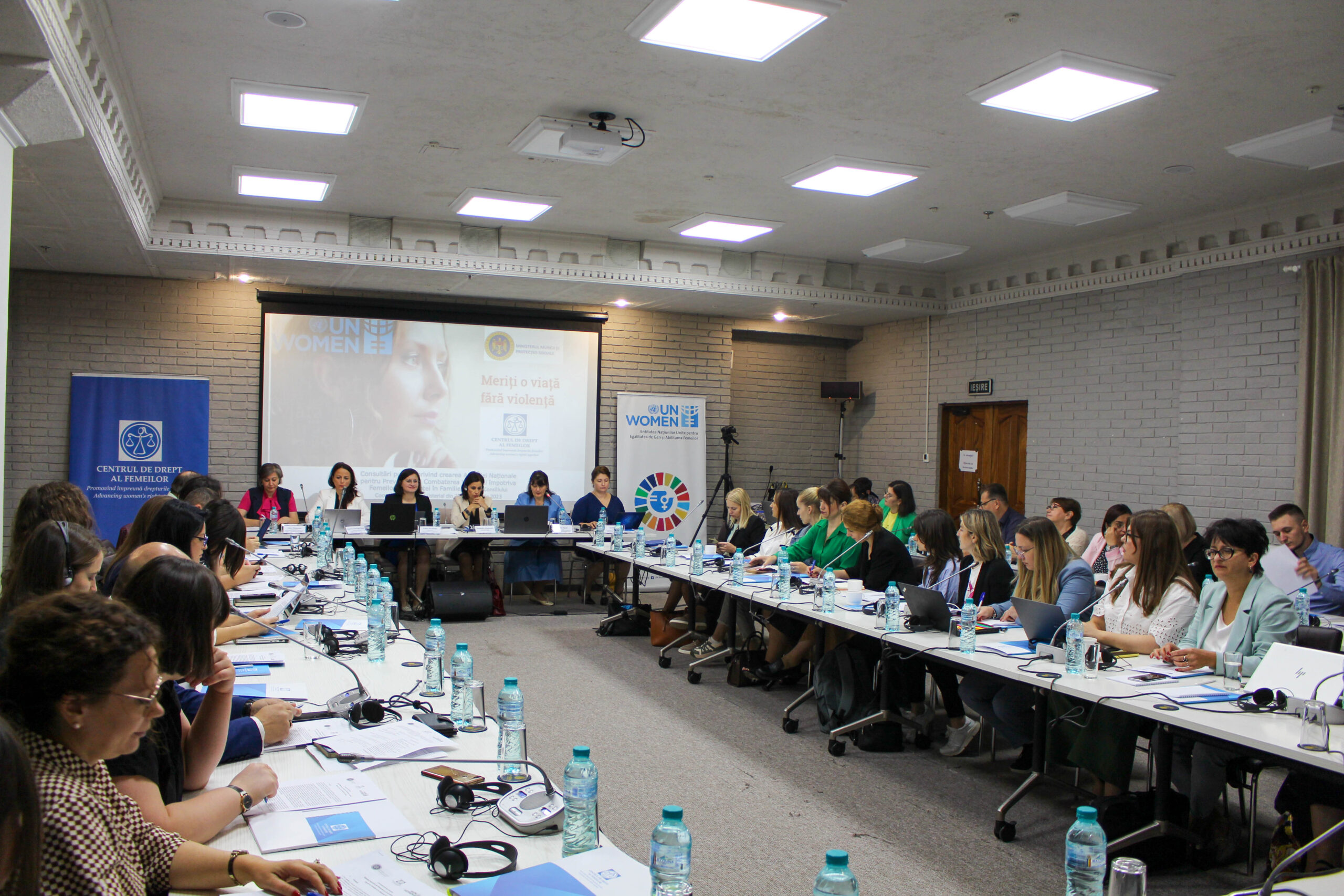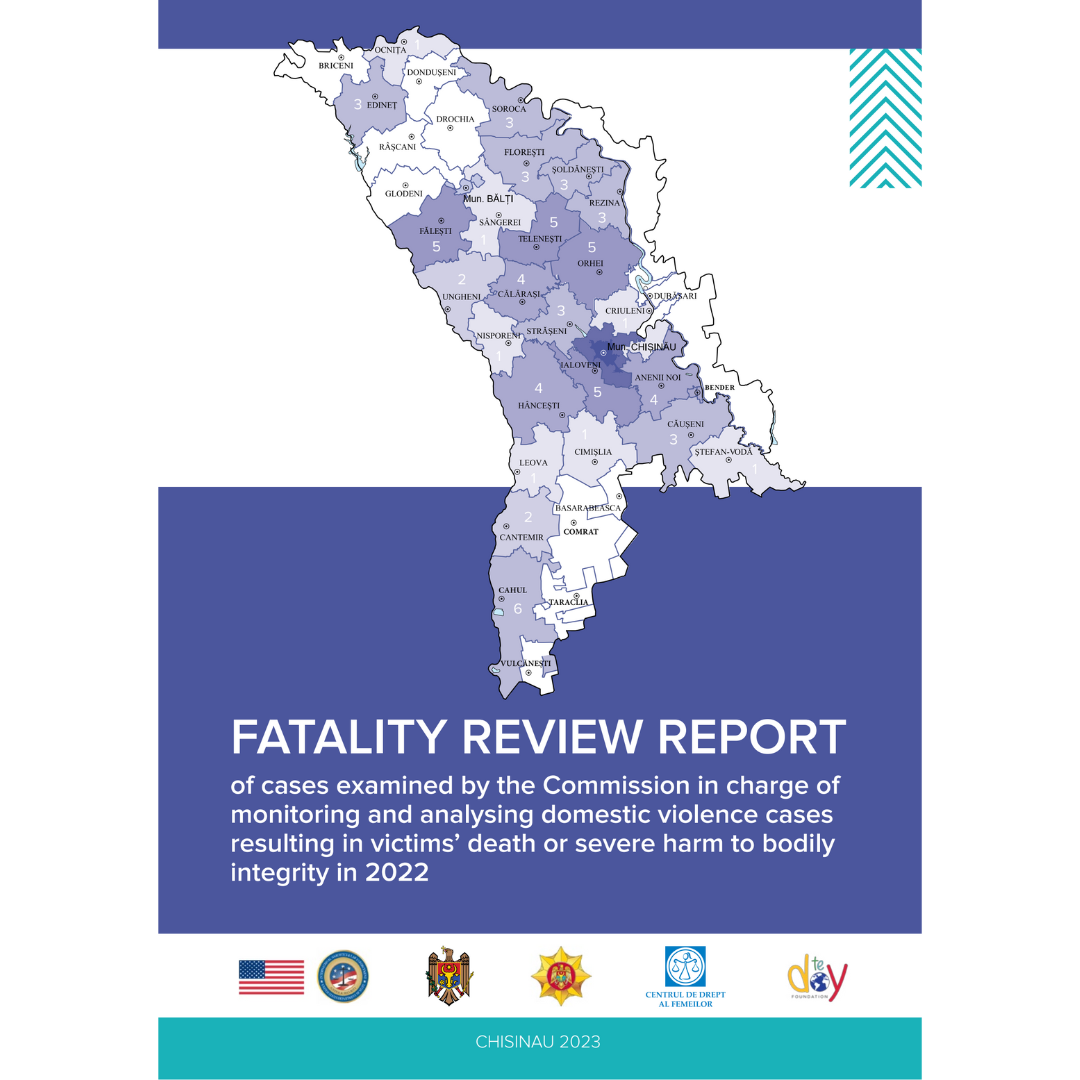Drafting a safety plan
- If possible, you should have access to phone for emergencies. Remember the phone numbers to ask for help: 112. Find out where the closest phone is located in case you run from home without your mobile phone. Find out the number of the Centre for Assistance and Protection and hot line.
- Speak to your trusted friends and neighbours about what happens in your house. Make a plan with them so they know when you need help and what to do (e.g., call the police or knock on your door). Set up a signal with your neighbours, which will let them know you need help.
- Keep a copy of the important documents close to you: certificates of birth, passports, important documents, your cards and the cards of your children in case you need to leave in a hurry.
- Make a habit of parking your car on the road (to get it out quickly) and having a full tank. Keep your car keys in one place so you can take them easily.
- If you can, call a domestic violence hotline from time to time in order to discuss your options and to speak to someone who understands you, even if you feel you are not ready to leave. You can call the Trust Line for Women 0 8008 8008.
- Think of several reasons to leave the house at different times of the day or night that the perpetrator will believe, if you feel that he is becoming violent and you need an excuse to get out.



